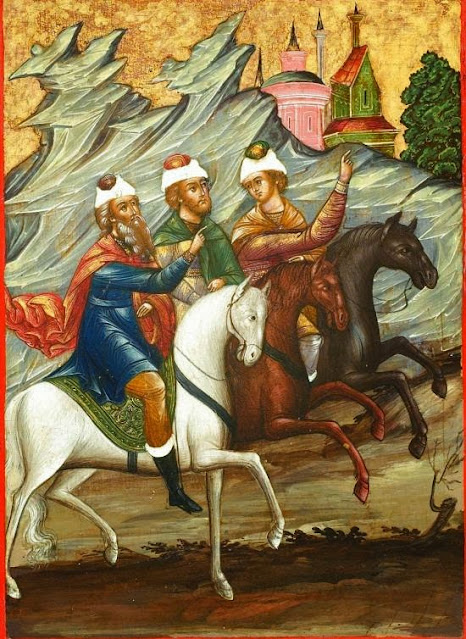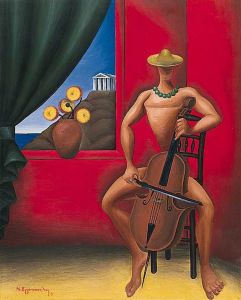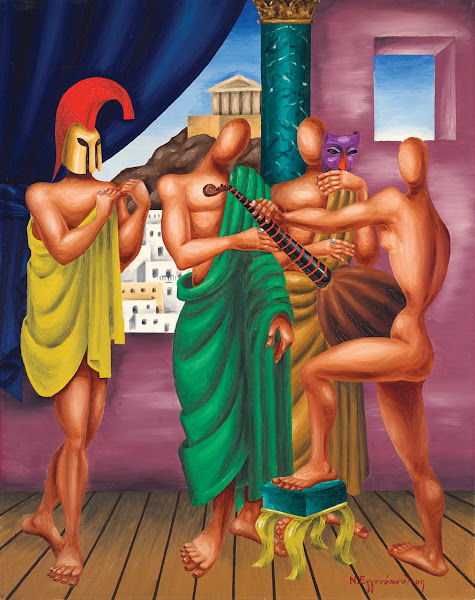Zoe Karelli | Journey of the Magi

Russian icon, 'The Three Magi' (19th c) Poet, playwright and literary translator – Zoe Karelli was born in Thessaloniki, Greece in 1901. She is regarded as a pioneer feminist in her country, helping to introduce many women poets into the Greek canon. Her work is mainly concerned with the inner life and existential questions, but it can often be read in reaction to the horrors of World War II, the Occupation and the Greek Civil War that followed between the Greek Communist Party and the British-backed forces of the Greek government. Her poem ‘Journey of the Magi’, written in 1955, re-imagines the story from the point of view of one of the magi. In terms of style and mood, it echoes T.S. Eliot’s poem of the same title, written in 1927, and it is possible that Karelli was aware of it or had even read it. She certainly knew of Eliot’s work and had translated into Greek his plays The Family Reunion and The Cocktail Party . Karelli's poem is not a celebrati...


